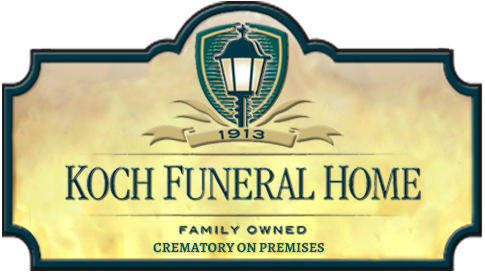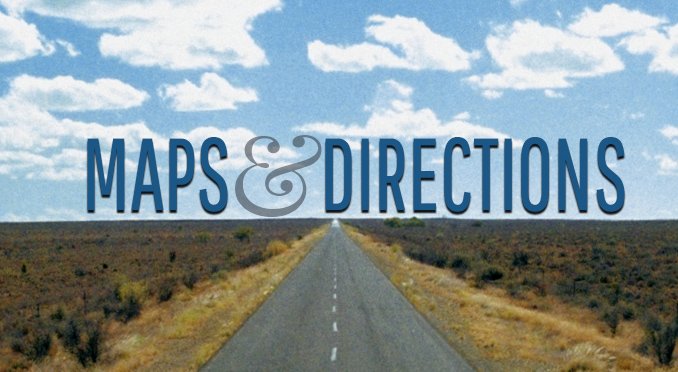2023 - January - Gazette - Choices in the care of the deceased
Choices in the care of the deceased
I received a call from the daughter of a 96-year-old woman who had died. The daughter was looking for someone to officiate at her mother’s funeral service, and didn’t belong to a faith-based community. So she reached out to me since I am a celebrant.
She started the call by asking what a celebrant is and does. I explained to her that I meet with family members and listen to stories of their loved one’s life. I take notes, and from those notes write the script for a service honoring their deceased loved one. I give the script to the family for their edits and use that script to officiate at the service. And then I said what I always say to the families I work with, “My intention is to create what you want. I have no agendas or messages I need to convey. My goal is to have your loved one’s essence felt during the service.” I heard a sigh of relief on the other end of the phone. She then told me about her past experiences with funeral services which involved few choices and little personalization.
This reminded me of one of the misconceptions of the funeral industry -- that there are few choices, including the choice of what type of service to have. As I do my work in the death care field, freedom is one of my core values which means having choices is very important to me. And the choices in the funeral industry are increasing all the time. Just ask Koch Funeral Home supervisor and funeral director, F. Glenn Fleming. He’s been working in this industry for over 50 years and has seen countless changes.
The choices that accompany these changes help to make each person’s experience unique. Every individual is one-of-a-kind and it is only fitting that the care provided after death recognizes that individuality.
When a life ends, the “funeral” is what occurs from the place of death to the final resting place. We all have opinions about how that is best done. There is no one right or wrong way, just your way. The funeral is a journey with many choices. Some of these choices include:
Who do you call? Once the death is declared by a medical professional, you can call someone to help you decide your next steps. Most people call a funeral home. Some call a home funeral guide. When it comes to local funeral homes, we have family-owned and national corporately-owned options. If you are thinking about cremation, only two Centre County funeral homes have crematories on their premises. The others transport the deceased to an out-of-town facility. And if you’ve already purchased a cemetery plot somewhere, it doesn’t mean you are required to work with a funeral home located near it.
You can also choose to stay with your loved one for a while after the death or have the funeral home staff come as soon as possible. I worked with a family who kept their loved one home for hours and were grateful for that time to begin to say goodbye and accept the reality of the death.
What type of disposition do you choose? In our community, the two options are burial or cremation. In some states the options now include human composting and alkaline hydrolysis. Some of the factors people consider are environmental impact, religious beliefs, and financial resources.
And the options don’t stop with just the burial or cremation choice. If you choose cremation, do you want to have a visitation and/or service before the cremation? And do you want to bury, scatter, or keep the cremated remains? If you choose burial, do you want to have a visitation and/or service before the burial? And what type of burial container do you want? Traditional and green options are available. Your decisions about these questions help to determine whether refrigeration or embalming need to be considered as well.
How do you want to personalize and ritualize the funeral? As I said, the “funeral” is what occurs from the place of death to the final resting place. Every step of this journey can be personalized and include a ritual, the most common being visitation and funeral or memorial services followed by a luncheon type gathering. I’ve also ritualized the journey with a simple circle of family and loved ones sharing stories.
If you do want a service, some of the questions to consider are: Who do you want to be there? Where do you want it to be? Who would you like to officiate? Do you want to include music, poems, readings, pictures, video tributes, memorabilia, and/or livestreaming? Do you want a grief therapy dog present?
Obviously, choices abound. My hope is that you can breathe a sigh of relief as did the woman on the telephone call. You have choices in how your loved one is cared for and honored, and those choices can help you begin to heal.
Other ways to help you heal are by joining one of the following upcoming gatherings:
- Footprints in the Field - Grief & Loss Support Program Virtual Gatherings for Pregnancy and Early Infant Loss on Thursdays, January 26 through March 2 from 6:00 to 7:00 p.m..
- Monday’s Moments Virtual Gathering on Monday, February 6 from noon to 1:30 p.m..
- Grief Healing Circle on Wednesday, February 8 from 6:00 to 7:00 p.m..
- Monday’s Moments at Schlow Library on Monday, February 27 from noon to 1:30 p.m. at Schlow Library, 211 S. Allen Street, State College.
- Death Café Virtual Gathering on Monday, February 20th from 4:30 to 5:30 p.m..
- “Grief Surprises” State of the Story Storytelling Event on Monday, February 20 at 7:00 p.m. at Webster’s Bookstore and Café, 133 E. Beaver Avenue, State College.
For more information, please visit the Bereavement Gatherings and Events page on the Koch Funeral Home website. To reserve your spot and receive the invitation links, email Jackie@JackieHook.com, call 814-237-2712 or visit the Koch Funeral Home Facebook page @kochFH.
Jackie Naginey Hook, MA, is a spiritual director, celebrant and end-of-life doula. She coordinates the Helping Grieving Hearts Heal program through Koch Funeral Home in State College. For more information, please call 814-237-2712 or visit www.kochfuneralhome.com.







Comments